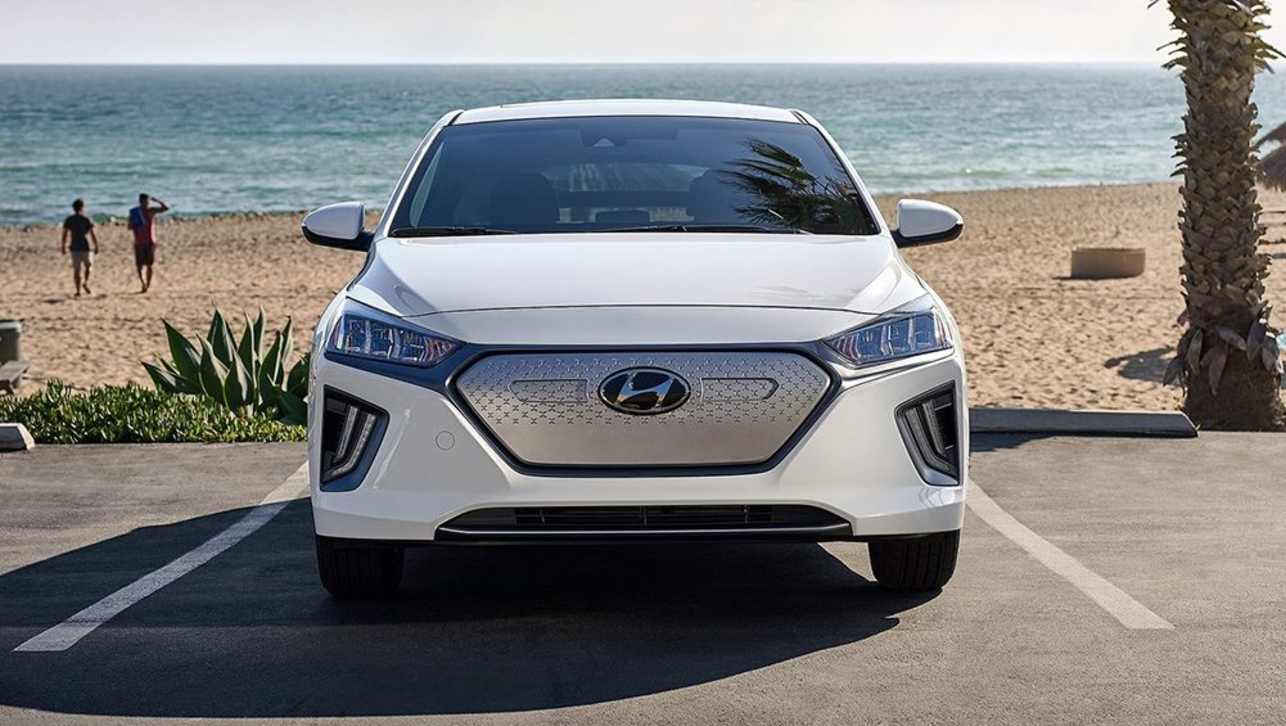The Hyundai Ioniq EV range is about to expand - and finally, the models that we will be seeing will be smaller and more affordable than the current crop.
Hyundai already has the quite large and rather pricey Ioniq 5 crossover, and the Ioniq 6 sedan is due in 2023 with a similar price point expected – between $70,000 and $80,000.
Then there will be the seven seat SUV, the Ioniq 7, which is expected to push the boundaries towards $100,000.
So where does that leave customers that cannot afford or justify that kind of expense for a new electric car? Well they could go shopping for an MG or a BYD, or perhaps even a Nissan Leaf.
But Hyundai clearly doesn't want that to happen, and so it comes as no major surprise that the brand will soon offer a couple of smaller more affordable models – the Ioniq 3 and Ioniq 4.
Intriguingly, CarsGuide understands that these models will still sit separate to the Hyundai brand's existing models - for example, the Kona Electric small SUV will return for a second bite of the pie when it launches in 2024.
.jpg)
Head of Hyundai's design and styling team, Simon Loasby, reckons the brand has plenty of scope to extend its Ioniq electric car line-up to more affordable positions in the market.
"Watch this space. Of course we are working on a full bandwidth and we feel the Ioniq brand, as long as we have those three pillars - biggest wheelbase in its segment, sustainability and the pixels - then we have more Ioniqs," he said.
"It's a busy studio - I didn't show you behind the blinds, but there's stuff you would love," Mr Loasby commented.
The company's head of customer experience, Thomas Schemera, said the company approached its Ioniq range purposely - starting at 5 means there's room to move each way, both upwards in size and price, and downwards, too.
"We did it on purpose," he said. "You will see that our way of thinking to redefine e-mobility pays off."
Mr Schemera insisted that Hyundai's intriguing play in the Ioniq space - offering unconventional body styles, and leaving space to fill the gaps beyond the current Ioniq 5, Ioniq 6 and upcoming Ioniq 7 large SUV, means the company is carving its own space.

"We have ideas. This is not about volume. It's not about mass production and putting some kind of volume on the road. This is about creating trends, setting trends, recognising lifestyles and fulfilling requirements.
"If we sell a high number of these, or others - this was not the intention behind it. The intention was trying out things, discovering, redefining, shifting paradigms.
"There's always risk involved. But we have the freedom to try things out," he said.
What that means for the existing mainstream Hyundai line-up remains to be seen. An educated guess would suggest the company will indeed continue to develop new-generation versions of its most popular products, like the Kona, Santa Fe and others, and it may choose to offer conventional internal combustion engine (ICE) versions, alongside electric models, as is the case with the current Kona.
Further to that, Mr Schemera from Hyundai has also stated that the brand wouldn't commence production of a pick-up truck with petrol or diesel ICE engines - instead, he suggested it would have to be electric or electrified from the get go.
Stay tuned to find out what Hyundai does with its Ioniq line-up and its standard range of models - we'll be sure to cover news as it comes to hand.


-2.jpg)





.jpg)

.jpg)
.jpg)

.jpg)
.jpg)
.jpg)

.jpg)
.jpg)
.jpg)
.jpg)
.jpg)
.jpg)
.jpg)

.jpg)
.jpg)
.jpg)




Comments